Important elections are looming not only in the United States and Europe, but also in many other countries around the globe, including those in Asia. More than a billion registered voters across the Asia-Pacific region will cast their ballots in a series of elections in 2024 that will determine the region’s economic and diplomatic trajectory for years to come.
Time waits for no one, and elections in Taiwan and Bangladesh have come to a close. The island of 23 million people at the center of US-China rivalry has found its leader for the next four years. Tsai Ing-wen’s successor is Lai Ching-te, also known as William Lai, of the ruling Democratic Progressive Party (DPP).
In the South Asian country, there were no surprises when Bangladesh Prime Minister Sheikh Hasina won a fifth term and continued to lead the country of 170 million people for the next five years.
Economically, the wider Indo-Pacific region is the world's center of gravity, with nearly 60% of the world's population and gross domestic product, and two-thirds of its growth.
Politically, Asia also plays an important role in the future multipolar world order, and is the main “stage” for strategic competition between the two superpowers, the United States and China. The future of the rules-based international order, economic prosperity, peace and security will be decisively shaped in the Indo-Pacific.
Geopolitically, the challenges facing governments and societies in Asia are similar to those in Europe: How can they protect and strengthen their independence in the face of great power competition? What impact do the seismic geopolitical and geoeconomic changes of the times have on national development paths, especially in developing and emerging countries? How can one-sided dependence be reduced and partnerships diversified?

Ms. Tsai Ing-wen (right) and Mr. Lai Ching-te in Taipei, Taiwan (China), October 21, 2023. Mr. Lai won the election on January 13, 2024 and became the island's next leader, succeeding Ms. Tsai. Photo: Focus Taiwan
These are all important questions, but not all of them are central to election campaigns. As elsewhere, elections in Asia are largely dominated by domestic issues, including youth unemployment, economic crises and more.
Here are some important upcoming elections whose outcomes will help shape global politics for years to come.
Indonesia (February 14)
More than 204 million people are eligible to vote in Indonesia's election on February 14, making it the world's largest direct presidential election.
At more than 820,000 polling stations in 38 provinces, Indonesian voters will also cast ballots to elect a new vice president, lawmakers for the bicameral National Assembly, known as the People's Consultative Assembly, as well as members of provincial legislatures.
Indonesia, the world’s largest Muslim-majority country with a population of about 274 million, will see at least 18 political parties and six regional parties contesting the election. Due to term limits, incumbent President Joko Widodo, or “Jokowi” to Indonesians, cannot run for re-election.
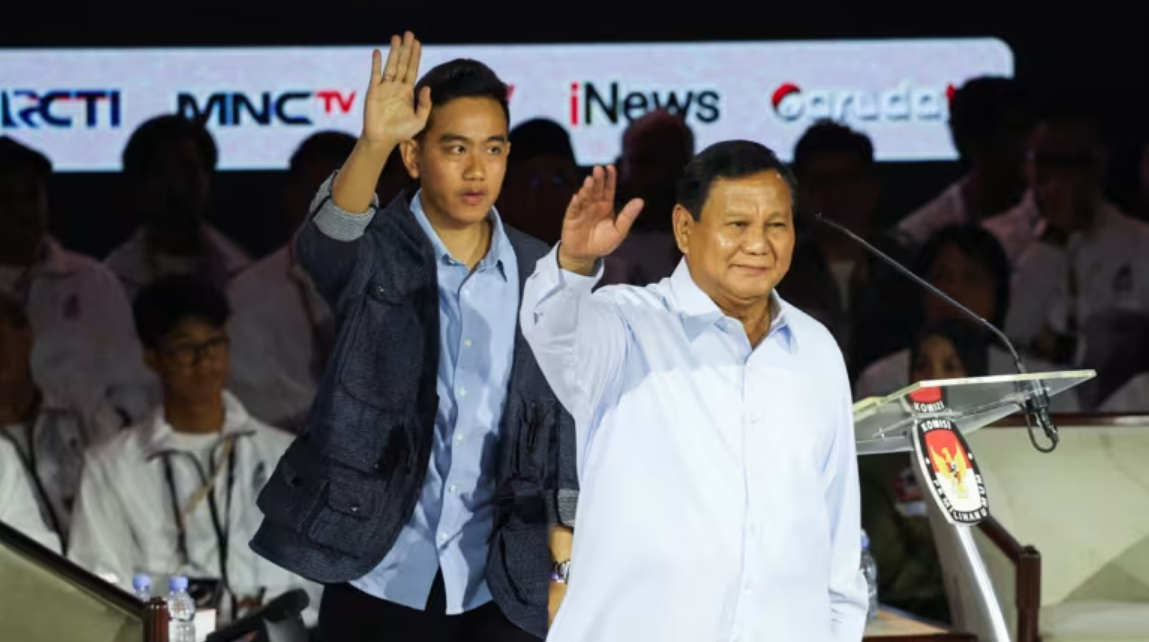
Indonesia's leading presidential candidate, Prabowo Subianto (right), and his running mate, Gibran Rakabuming Raka, the eldest son of President Joko Widodo. Photo: Nikkei Asia
The election will be a three-horse race between three candidates to replace the populist leader, including current Defense Minister Prabowo Subianto, former Central Java Governor Ganjar Pranowo, and former Jakarta Governor Anies Baswedan. The candidates largely support the continuation of Mr. Jokowi's economic policies.
The G20 country has benefited from rising global demand for commodities, especially metals such as nickel, a key ingredient for electric vehicles and their batteries. The Jokowi administration has tried to focus on “downstream,” or encouraging investment in value-added industries such as smelting and refining.
For example, Indonesia banned nickel ore exports in January 2020, encouraging foreign investment from China and elsewhere to flow into domestic smelters.
Jokowi’s other legacy, however, may prove a little harder to achieve. The Indonesian president has laid out a bold plan to move the country’s capital from Jakarta, on the island of Java, to Nusantara, a brand-new city on the island of Borneo that is still under construction.
Indonesian officials have cited overcrowding, traffic and the threat of flooding from climate change as reasons for the move. But the capital move comes with a hefty price tag, expected to be around $30 billion.
The Jokowi administration hopes foreign investment will cover 80% of the cost, but foreign investors have yet to be convinced. Jokowi has set a 2045 deadline for the Nusantara project, but at least one of those running to succeed him may not be so keen. Anies Baswedan has criticized the project.

Aerial view of the construction site of Nusantara, Indonesia's new capital on Borneo island, December 2023. Photo: Nikkei Asia
In a poll conducted by Indikator Politik Indonesia from November 23 to December 1 last year, 44.9 percent of respondents said they would vote for Prabowo, while 24.7 percent backed ruling party candidate Ganjar. Anies came in third with 22.6 percent.
A runoff is expected to take place in June if the first round fails to produce an absolute winner (winning more than 50% of the vote), while the Southeast Asian nation's next president will take office in October.
South Korea (April 10)
South Koreans will vote on April 10 in a national legislative election that will be a “referendum” on the tenure of President Yoon Suk-yeol. Yoon, from the conservative People’s Power Party, won the presidency in 2022 after one of the closest elections in South Korean history.
President Yoon has pursued a more pro-business agenda than his predecessor, Moon Jae-in of the opposition Democratic Party. During his tenure, Yoon has sought to improve relations between South Korea and Japan on both trade and security, and has also pushed for a trilateral security hotline between Seoul, Tokyo and Washington.
Mr Yoon pardoned Samsung executive chairman Lee Jae-yong, once known as the “Crown Prince of Samsung”, on charges including bribery. The South Korean Justice Ministry argued that the pardon was necessary to help South Korea overcome a “national economic crisis”.
The South Korean leader is also boosting the country's arms industry, especially as the US and the European Union (EU) are rapidly depleting their ammunition and military hardware stocks due to aid to Ukraine. The Asian nation has risen to become the world's ninth-largest arms exporter by 2022.
Politically, since taking office in 2022, Mr. Yoon has been unable to pass laws because the opposition Democratic Party holds a majority in the National Assembly, with 167 out of 298 seats. Therefore, it can be said that the legislative election in April will decide the fate of Mr. Yoon's administration.
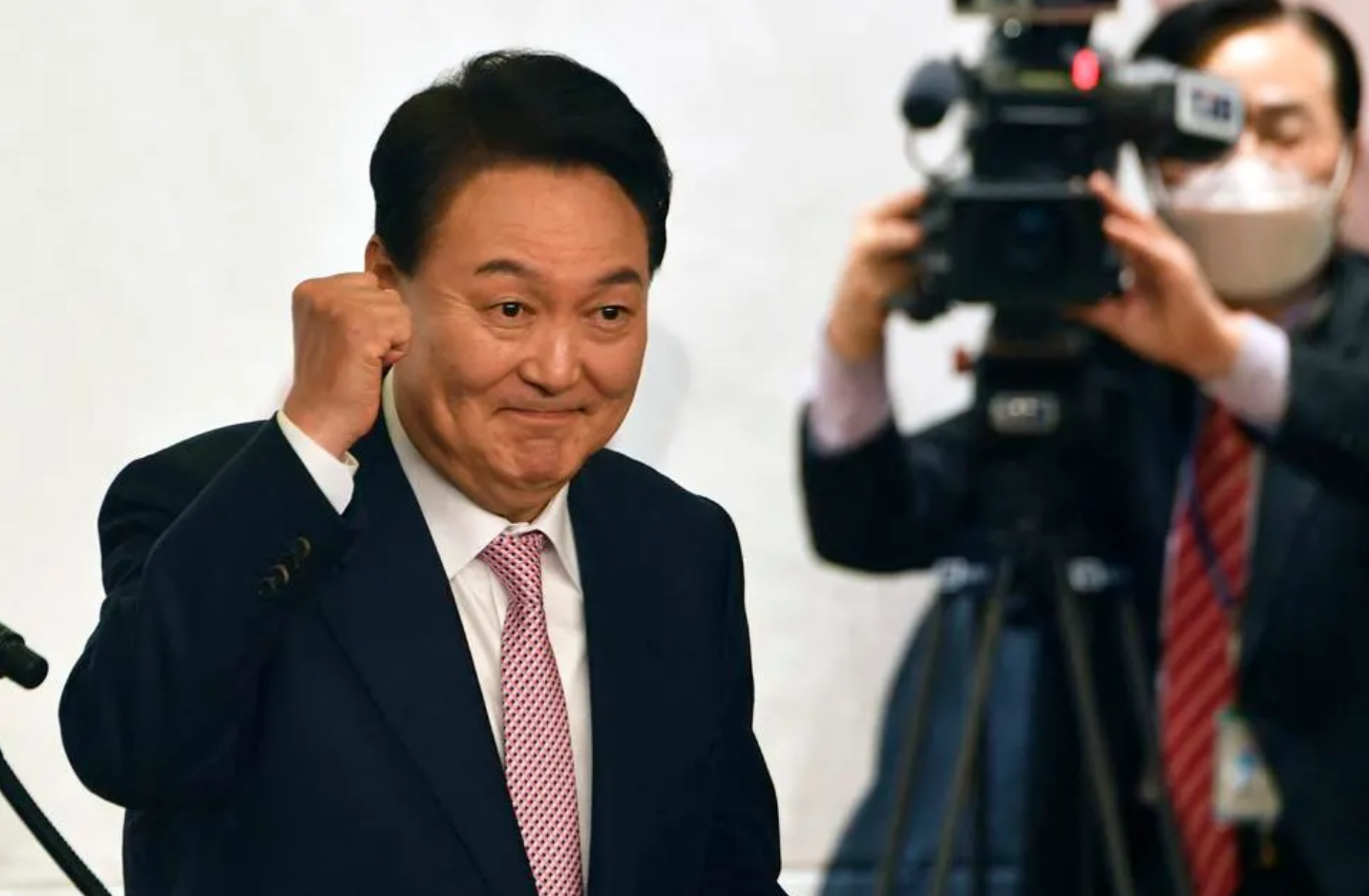
The legislative election on April 10, 2024 is considered a "referendum" on the term of South Korean President Yoon Suk Yeol. Photo: Getty Images
“The opposition Democratic Party wants to win this election because they want to weaken Yoon’s authority as president. Meanwhile, the ruling People’s Power Party knows that it cannot pursue its domestic agenda if it loses,” Mason Richey, a politics professor at Hankuk University of Foreign Studies in Seoul, told Nikkei Asia.
If the ruling conservatives win April's election, Mr Yoon will be able to pass laws and make key appointments without relying on cooperation from other parties.
South Koreans are tired of domestic politics, with “veto rule,” said Eunjung Lim, associate professor of international studies at Kongju National University.
“Our president uses his veto power and so does the opposition party, and the Korean people are very frustrated with this excessive veto politics,” said Lim. However, the expert predicted that it would be difficult for either side to win a landslide victory.
South Korean politics tend to move quickly and a lot could change between now and April, but the early signs are not encouraging for Mr Yoon’s party. His approval rating has been stagnant at around 35% throughout his term, and he lacks a major achievement to draw more voters.
India (April-May)
The general election in the world's most populous country and largest democracy is due to take place in a few weeks, in April and May. Prime Minister Narendra Modi and his Bharatiya Janata Party (BJP) will seek a third consecutive five-year term.
The South Asian nation of 1.4 billion people has 950 million registered voters. Mr. Modi, now 73, remains popular with many of them, while the opposition is struggling to gain support. According to recent polls, the ruling BJP and Mr. Modi are leading.
In an effort to mount a stronger challenge to the BJP, more than 20 opposition parties have formed an alliance called INDIA – short for the Indian National Development Alliance. The group includes the main opposition party, the Indian National Congress (INC). The INC hopes to return to its glory days as the leading political party in the populist nation. However, recent signs have not been encouraging for Mr. Modi’s opponents.
“While a lot can change in the next few months, the BJP has the wherewithal to win the 2024 elections,” said Praveen Rai, a political analyst at the New Delhi-based Centre for the Study of Developing Societies.
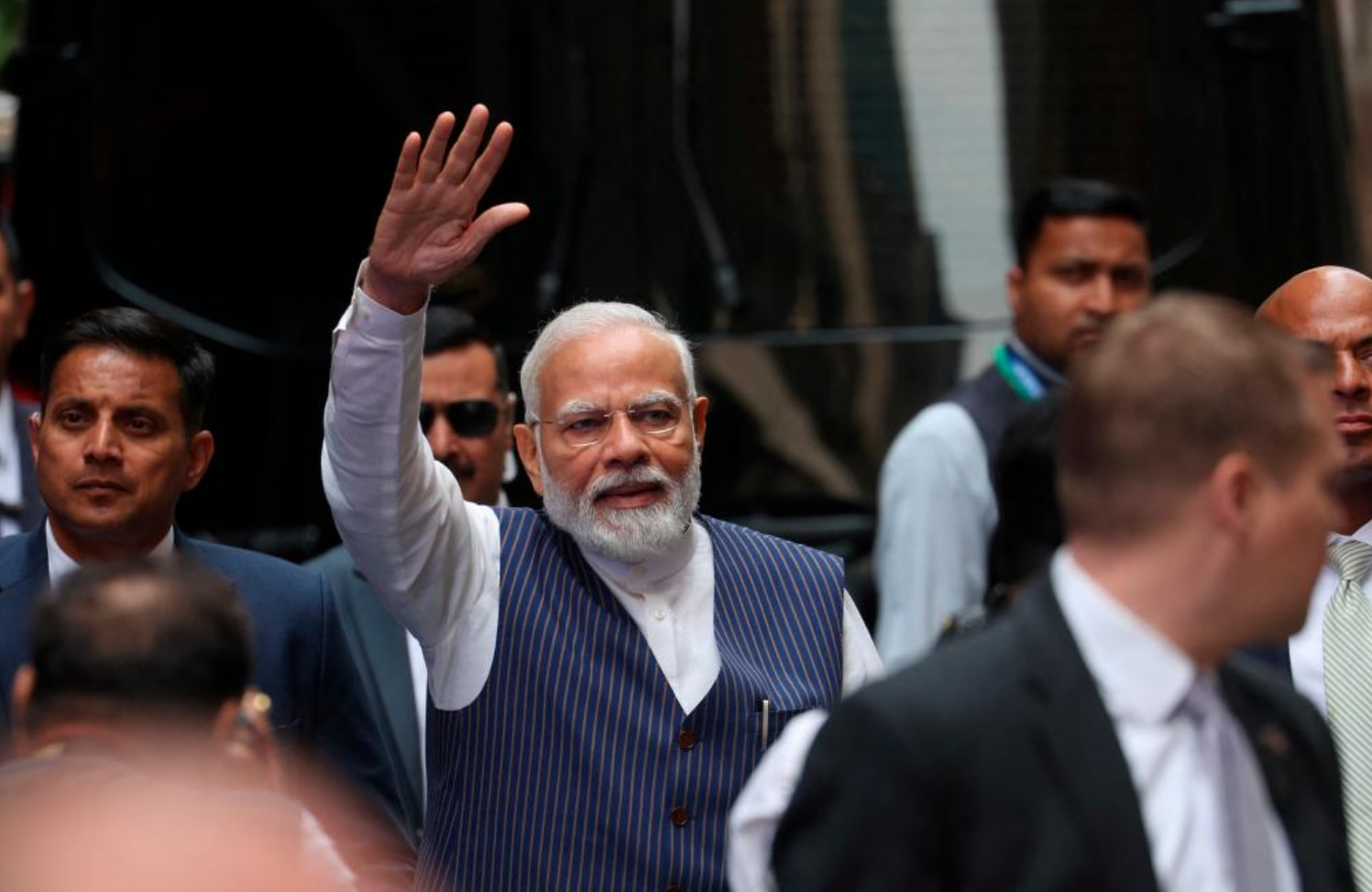
Indian Prime Minister Narendra Modi waves to supporters as he arrives at the Lotte Hotel in New York, US, June 20, 2023. Photo: The Sun Malaysia
Prime Minister Modi has enjoyed widespread popularity since taking office in May 2014, and his tenure has coincided with a period of growth for the Indian economy. Modi has pledged to make India the world's third-largest economy if he wins a third term.
Under the Modi government, India has also seen FDI inflows of more than $500 billion. The South Asian giant is trying to position itself as an alternative to China as companies look to diversify their operations. India has pledged billions of dollars to build a domestic chip sector, and companies like Apple manufacturer Foxconn are investing in local production of consumer electronics for export.
However, the country still struggles with a skills gap and high unemployment, despite a young and growing population.
The Modi government initially “overestimated the pace at which it could implement reforms,” said Priyanka Kishore, founder of consultancy Asia Decoded. This led to a focus on “high-visibility outcomes like attracting FDI and infrastructure spending,” Kishore said. Those policies are likely to continue into Modi’s third term, she said.
Diplomatically, Mr. Modi has tried to raise India's profile by hosting high-level events such as the G20 Summit in 2023. India has also backed security partnerships such as the Quad with the United States, Australia and Japan, to counterbalance China.
In other geopolitical areas, however, India has refused to lean toward the West. New Delhi continues to trade with Moscow, despite Russia's persistent conflict with Ukraine .
Minh Duc (According to IPS, Fortune, Nikkei Asia)
Source






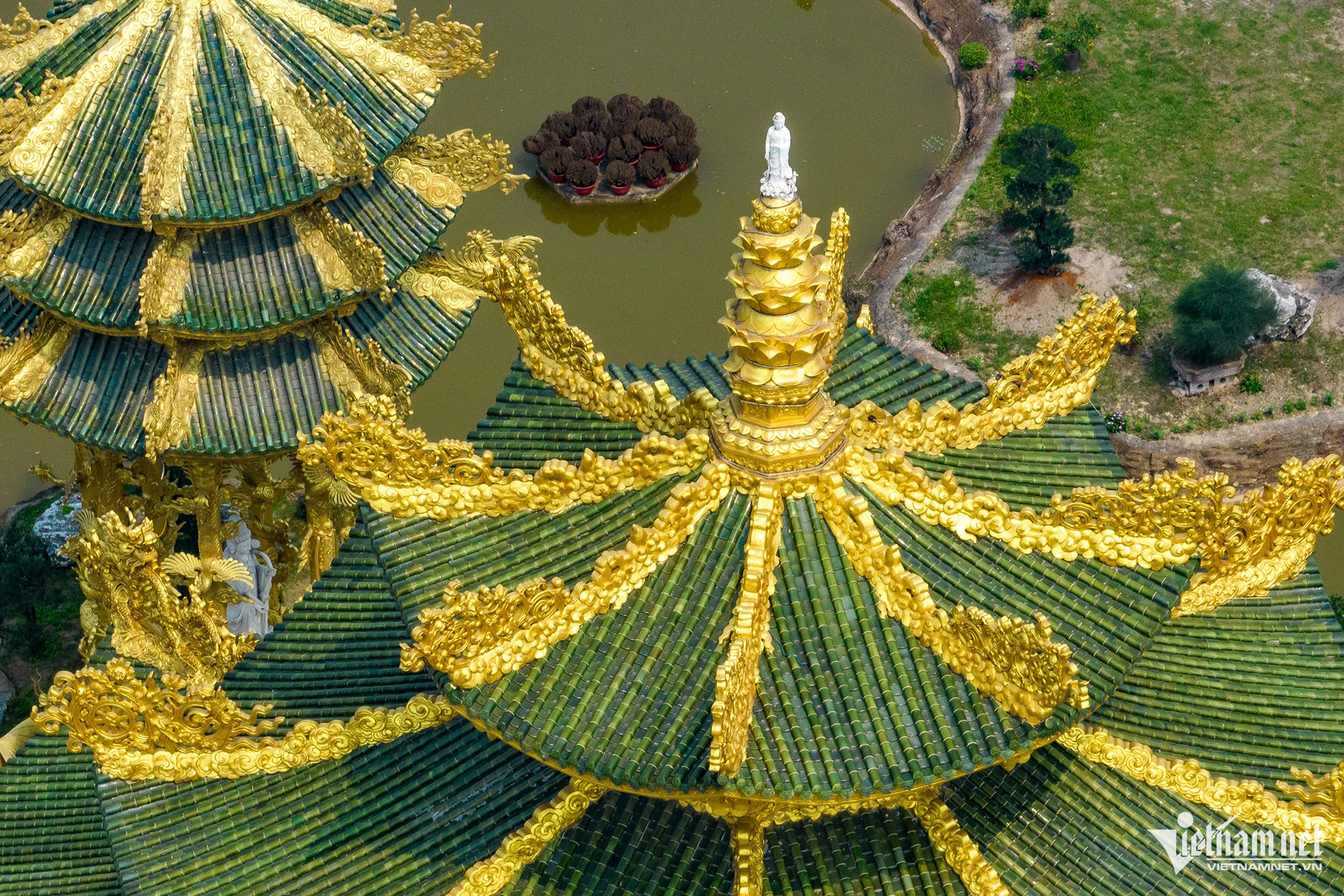

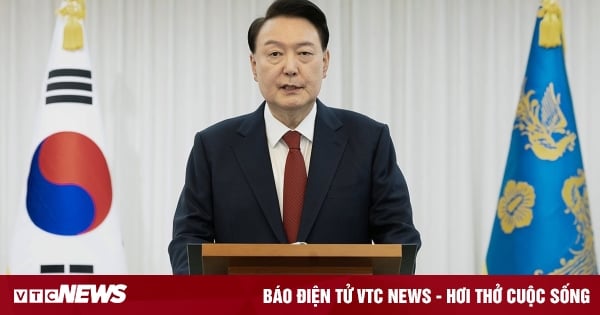

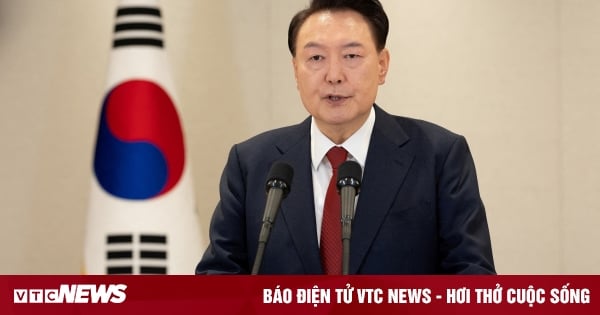
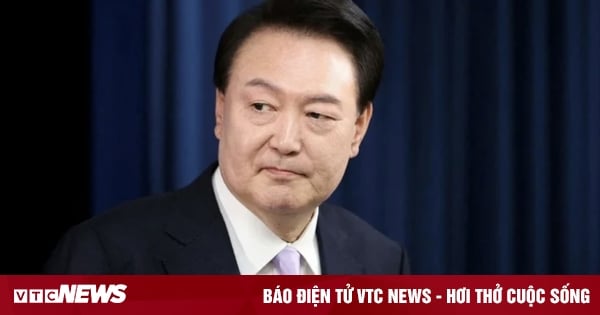


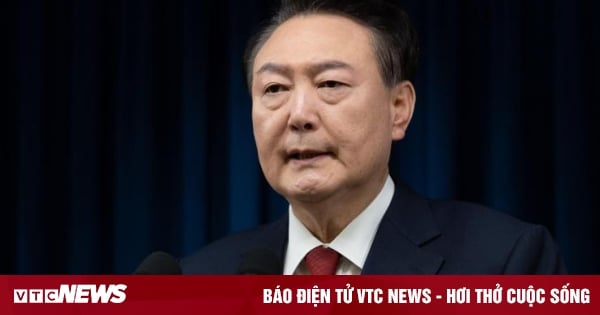
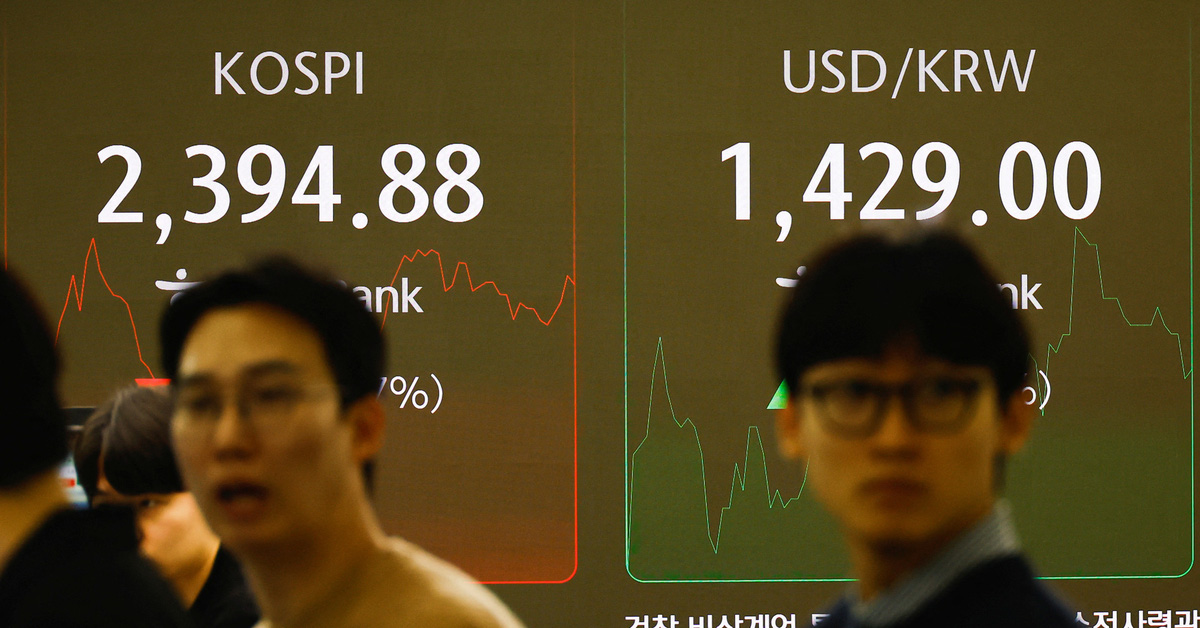
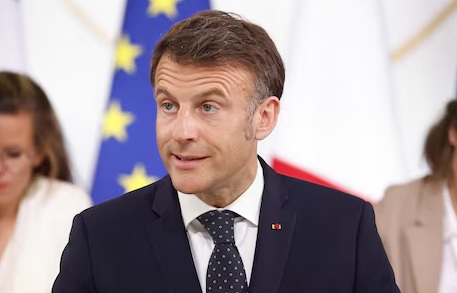



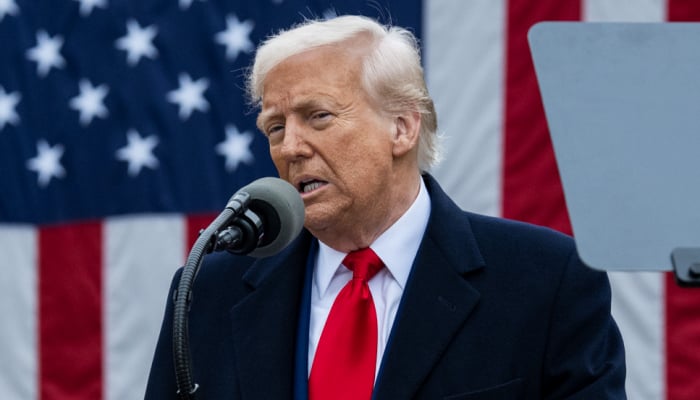









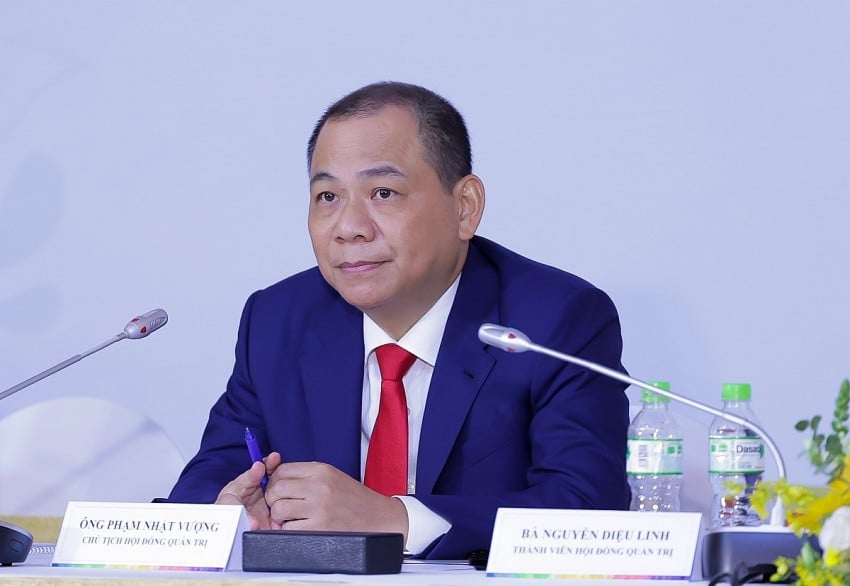

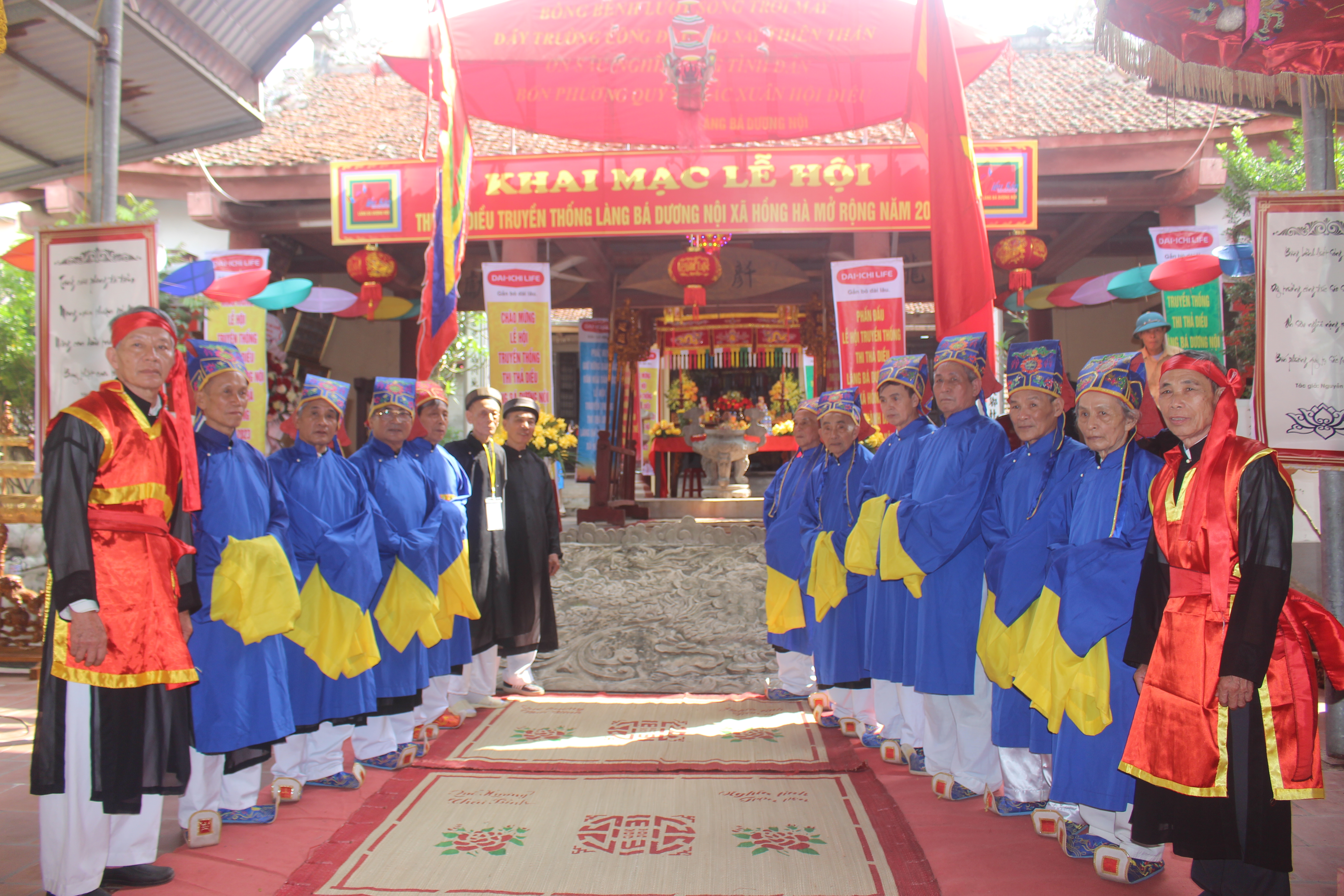

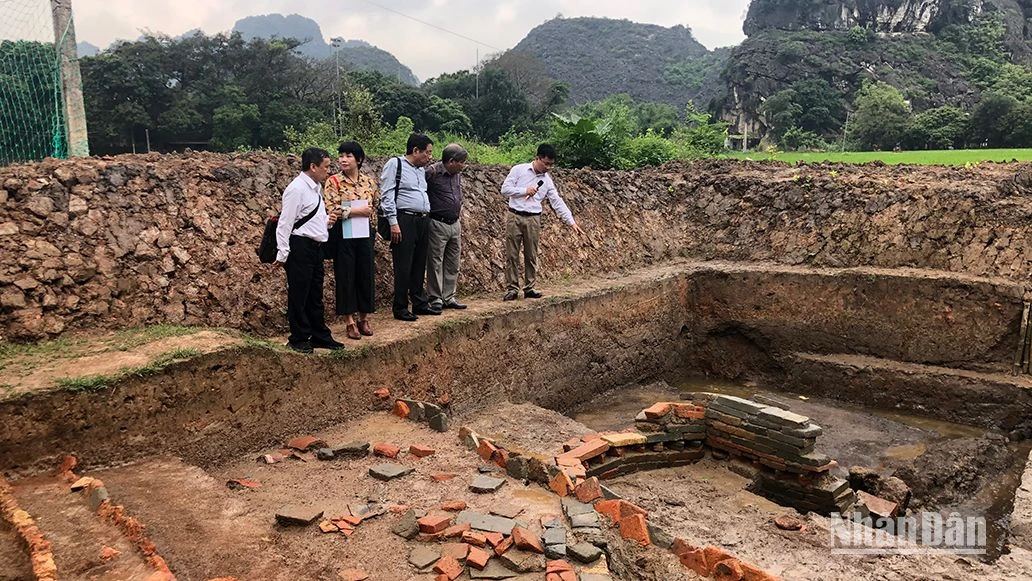



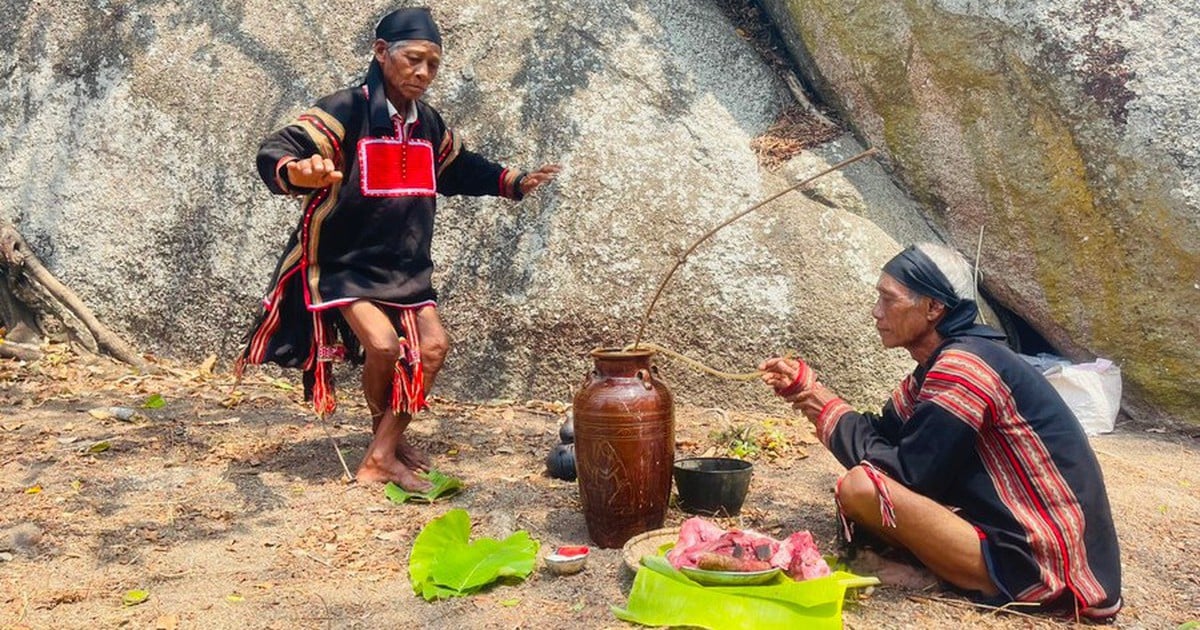
















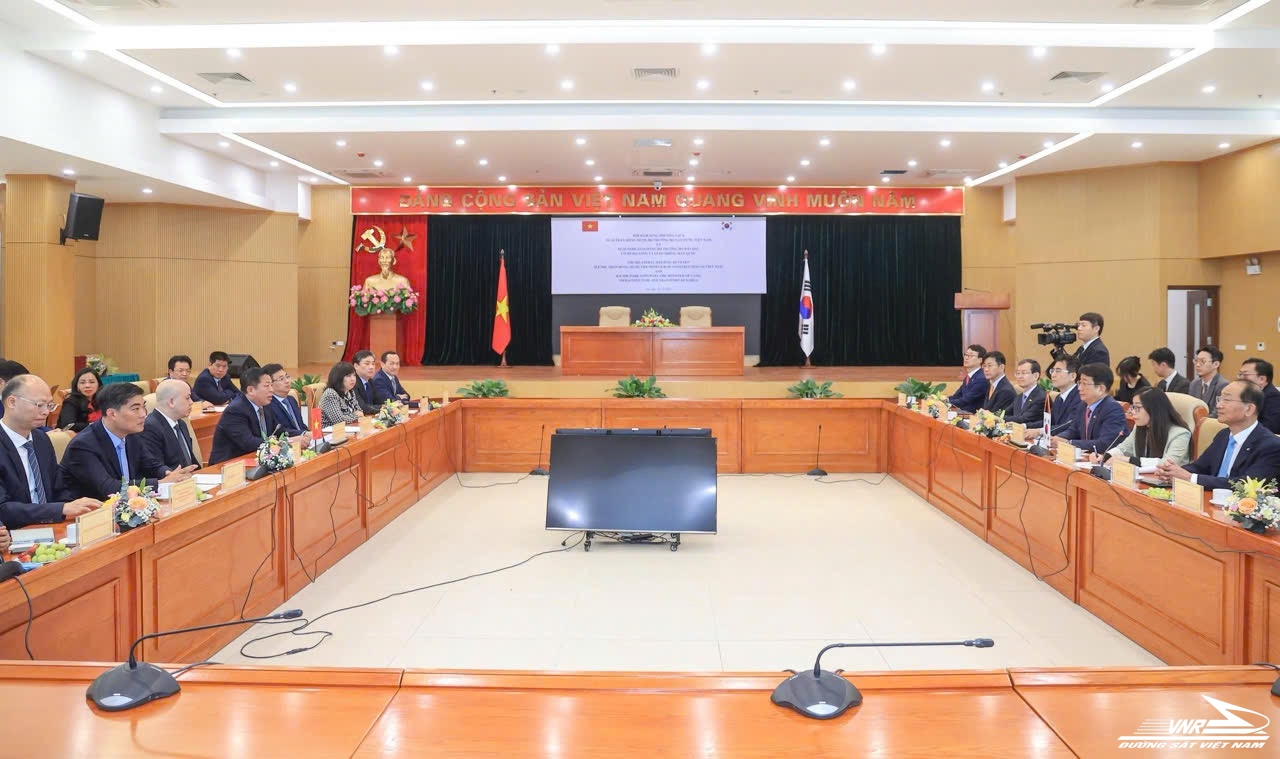
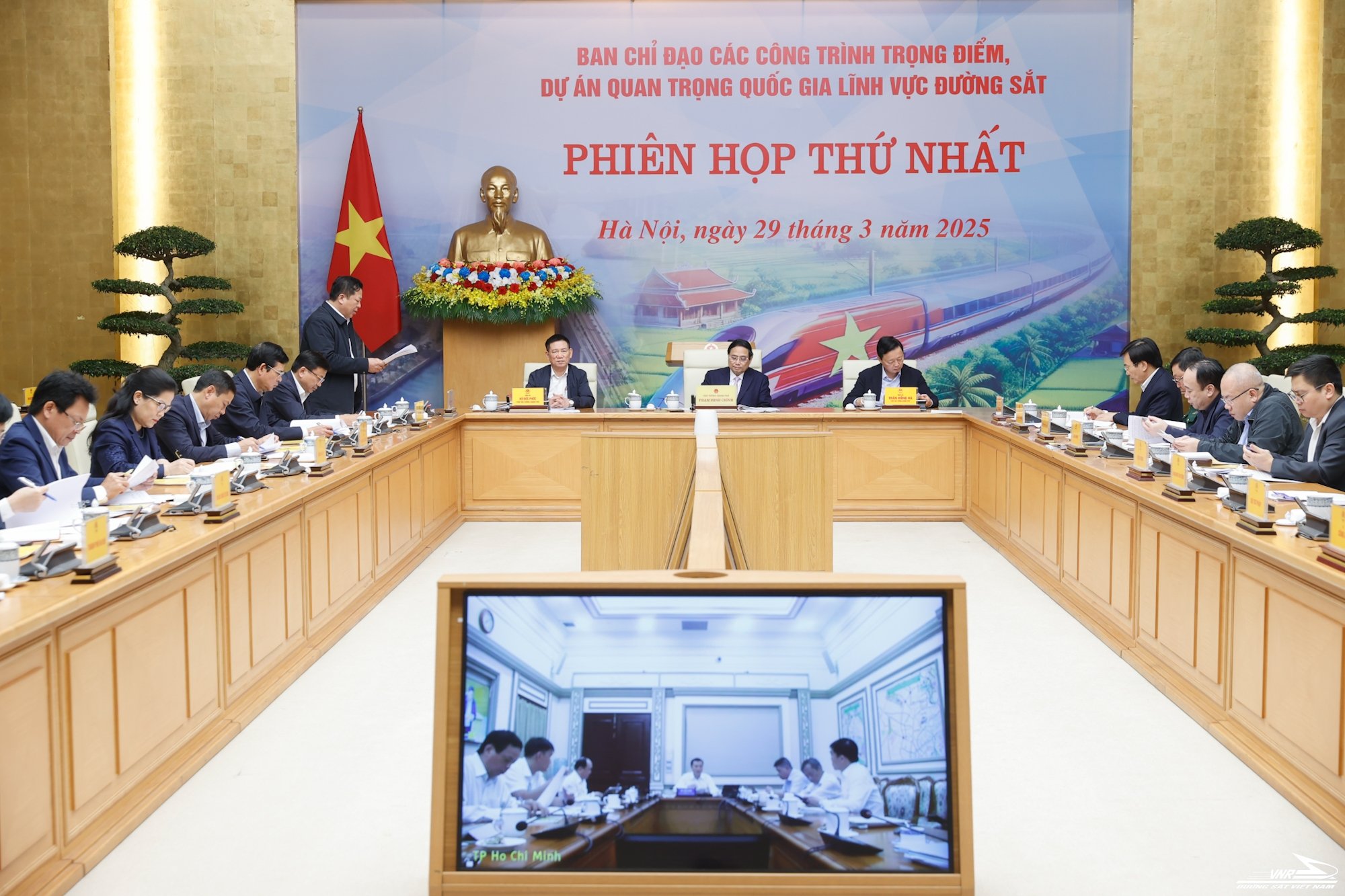



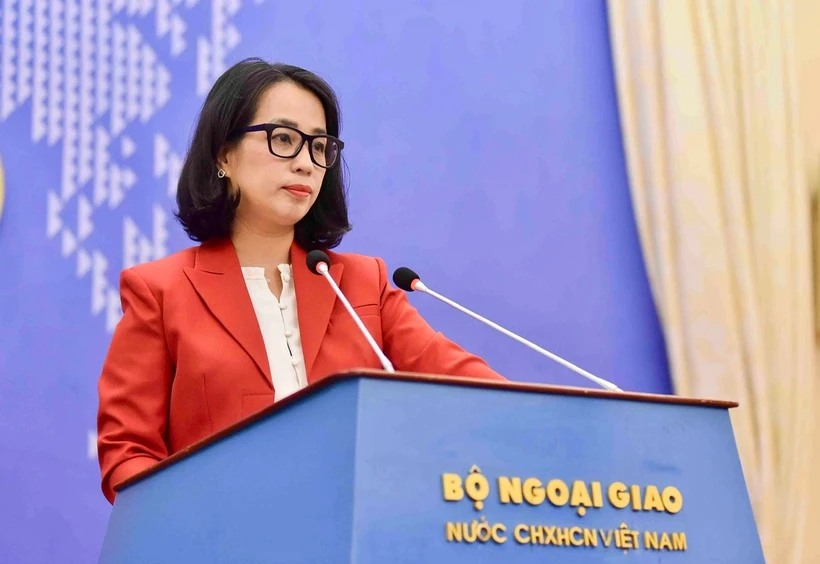

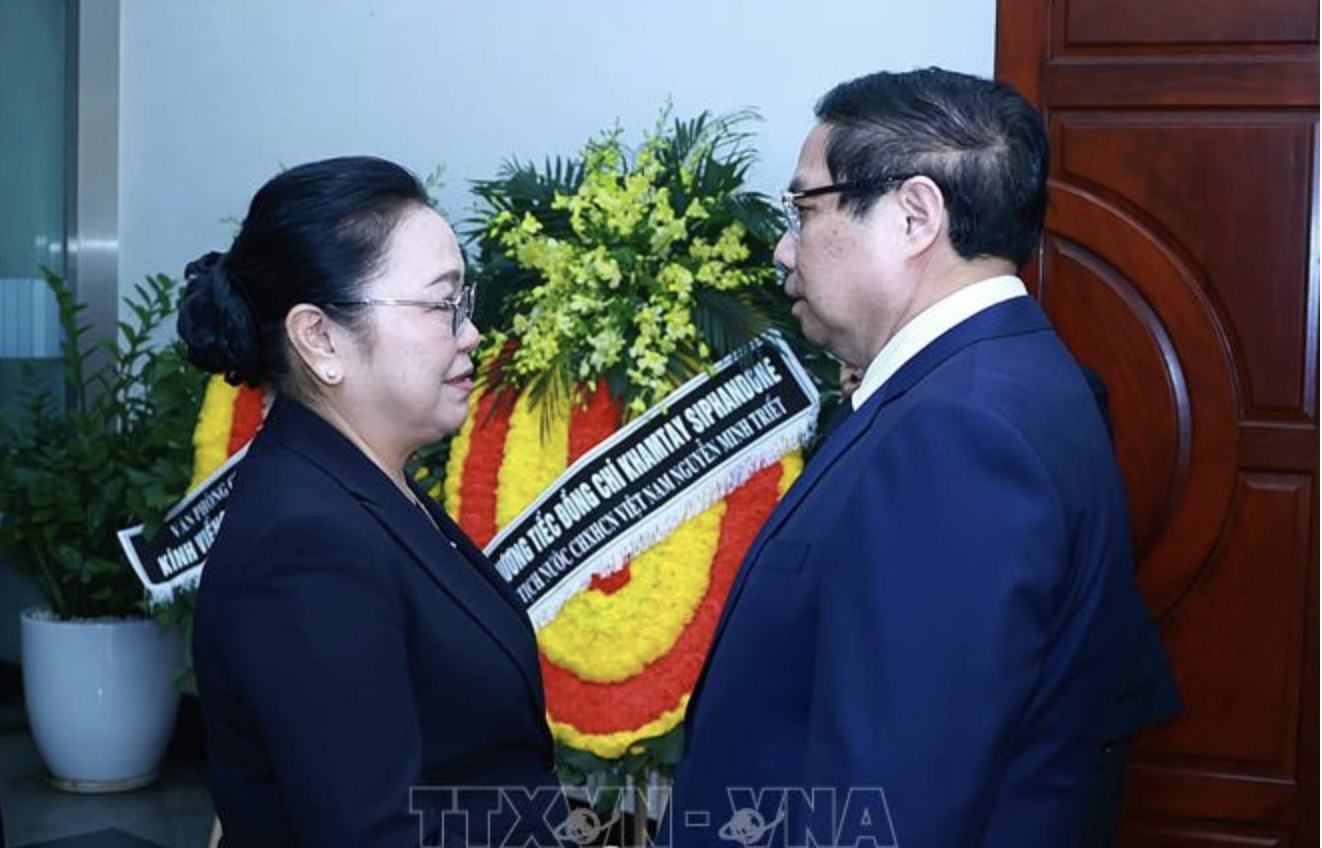
















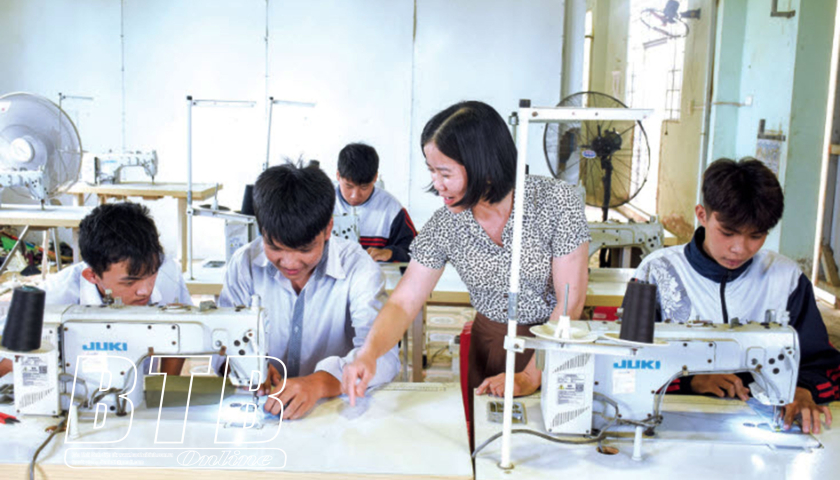

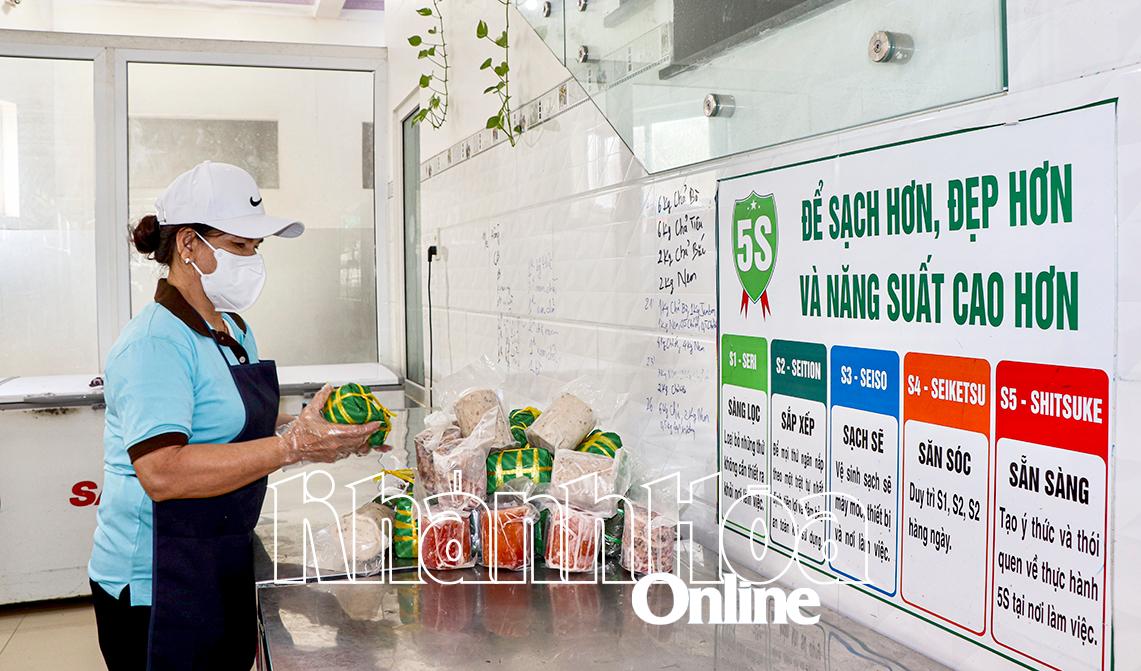


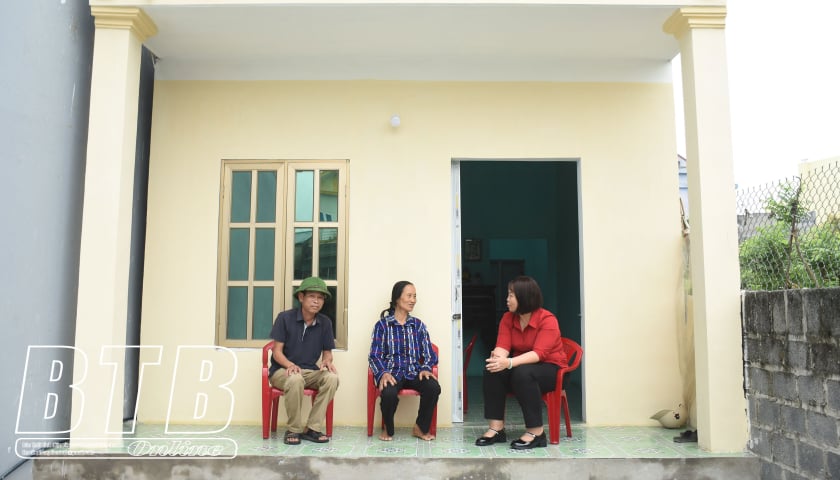
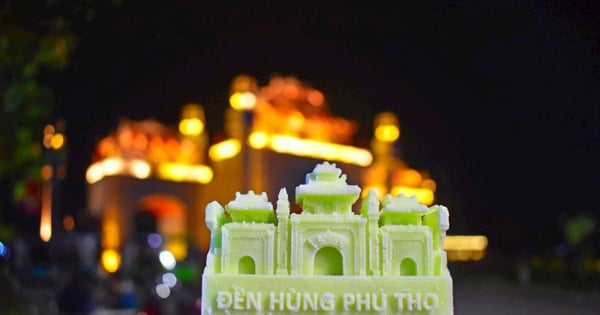

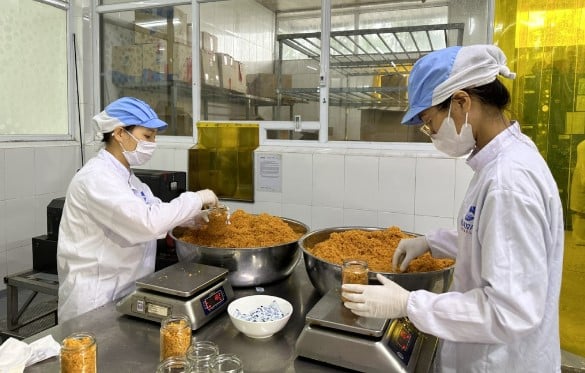




Comment (0)